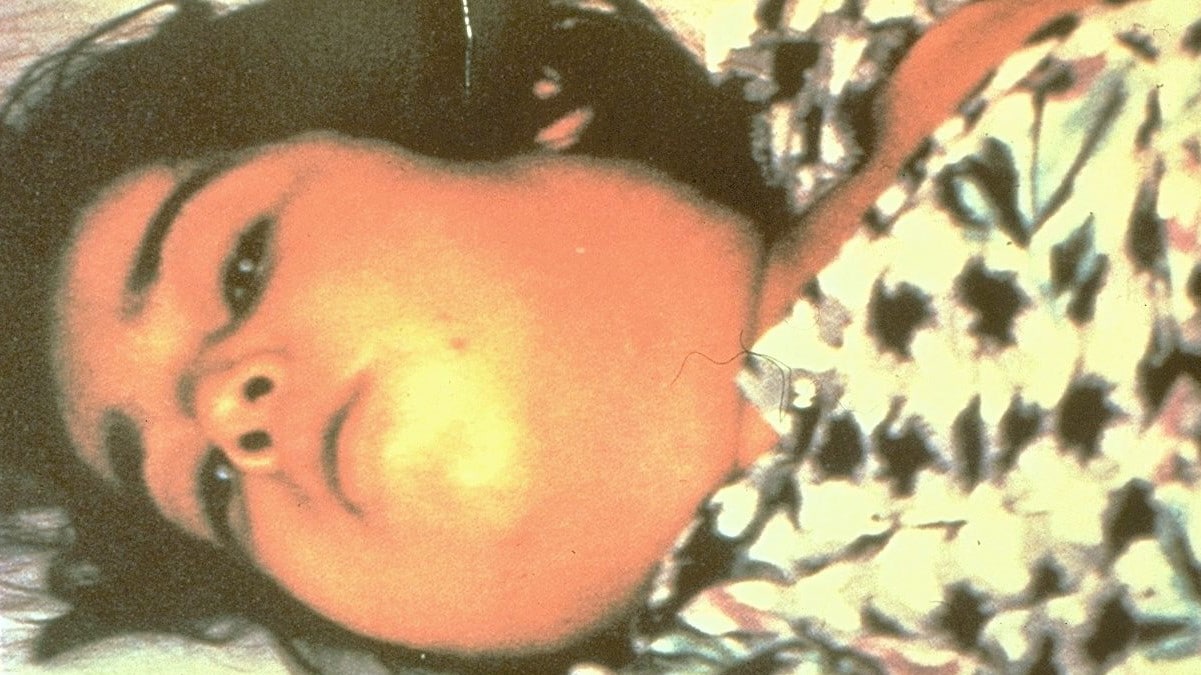Key points
- Corynebacterium diphtheriae most commonly infect the upper respiratory tract (nose, throat) and skin.
- If the bacteria make diphtheria toxin, the resulting infection is known as diphtheria.
- Symptoms depend on the affected part of the body.
- Respiratory diphtheria is a very serious condition.
- Diphtheria skin infections rarely cause severe issues.

Symptoms
It usually takes 2 to 5 days for symptoms to appear after someone has been exposed to C. diphtheriae. Some people may become infected and have no symptoms.

Respiratory diphtheria
The most common symptoms of respiratory diphtheria include:
- Mild fever
- Pseudomembrane in the nose or throat
- Sore throat
- Swollen glands in the neck
- Weakness
Diphtheria's hallmark feature: The pseudomembrane
Diphtheria skin infection
Skin infections can have any number of bacteria in them, including C. diphtheriae. Symptoms of diphtheria skin infections can include:
- Open sore or ulcer with a clear edge
- Pain
- Rash with scales or peeling skin
- Redness
- Swelling
Complications and when to seek help
Contact your healthcare provider
Respiratory diphtheria
Airway blockage is a deadly complication from respiratory diphtheria. If the toxin gets into the blood stream, it can kill the tissue of other organs and cause:
- Kidney failure
- Myocarditis (damage to the heart muscle)
- Polyneuropathy (nerve damage)
Even with treatment, about 1 in 10 people with respiratory diphtheria will die. Without treatment, up to half of people die from the disease.
Diphtheria skin infection
Although the wound is slow healing, diphtheria skin infections rarely result in complications, severe disease, or death.
